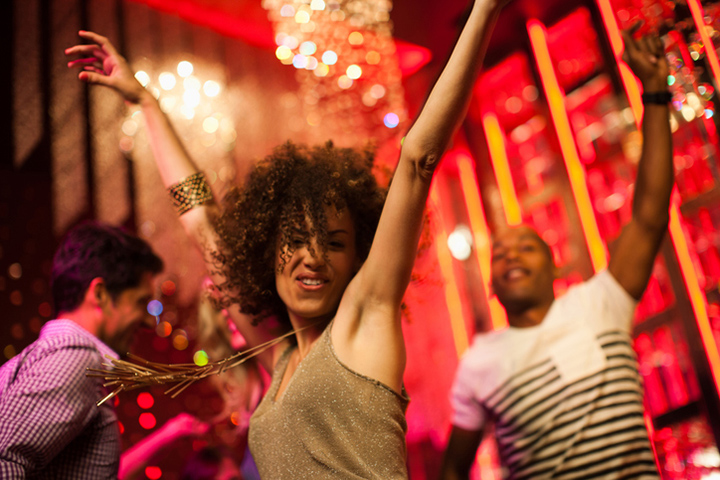South Africa is known worldwide for its biodiversity and multiplicity of cultures and languages. In music, things are no different. The originality and variety of the country’s music has proven contagious around the world throughout past decades. Currently, a music genre that is a massive hit in the African nation is becoming a worldwide trend: Amapiano.
Named Amapiano, the genre of dance music has both feet rooted in house music. Over the past few years, it has quickly spread through being shared via messaging apps such as Whatsapp, and has become popular on music streaming apps and social media platforms alike.
In 2021, Spotify’s flagship Amapiano playlist saw a streaming increase of 622% in South Africa alone, while the UK and US ranked second and third respectively in terms of streams of the same playlist, CNN reported.
“We noticed a lot of our youths at the end of 2019 starting to use Amapiano music to create their food videos, their dance videos, their fashion videos, memes. And we really saw people embracing the genre and wanting to engage with it,” Yuvir Pillay, music operations supervisor at TikTok South Africa, told CNN.
Influenced by its predecessors of South African house music styles, Amapiano inherits the bass lines and harmony of Kwaito, drums and percussions of Bacardi, and lives up to its name, considering the piano is the predominant instrument.
“Piano for the hip,” as it is nicknamed, involves more than its body, keyboards, and jazzy synths. It brings the tone of deep house, making it extremely enveloping and full of soul; this is one of its most original features.
Although the first sounds appeared in the early 2010s, this new genre of South African dance music only started to have a massive presence on all digital platforms in 2020. Today, it is the fastest-growing electronic music movement on the entire African continent.
Amapiano has fallen into the graces of the mainstream with songs led by their lyrical content and produced by pianists and hip-hop DJs. Artists like Kabza De Small, Vigro Deep, and Lady Du turned popular songs into big hits, creating a recurring debate about the genre’s origins and positioning, highlighting the dynamism of the genre.
Discussions about Amapiano have become controversial because it is accused of being a purely commercial movement that spread quickly through social media with videos of young people dancing. Despite rising love and hate feelings, Amapiano continues to expand in the midst of this great and old debate.
The influence of Amapiano extends beyond music. The genre combines lifestyle, fashion, and dance with a lot of sensuality. It offers a warm, continuous, and timeless rhythm, sharing the sense of freedom of a society that rid itself of racist apartheid policies less than 30 years ago.
Being played in parties and radio stations across South Africa and beyond, Amapiano also highlights great artists such as Black Coffee, Kid Fonque, and Zakes Bantwiki, who defend the freedom of expression that the purely South African style holds, claiming respect, mainly for raising the country’s flag across the globe in the form of a unique and genuine movement.
Related: Afrobeat Vs. Afrobeats: The Differences In These African-Inspired Musical Sounds
